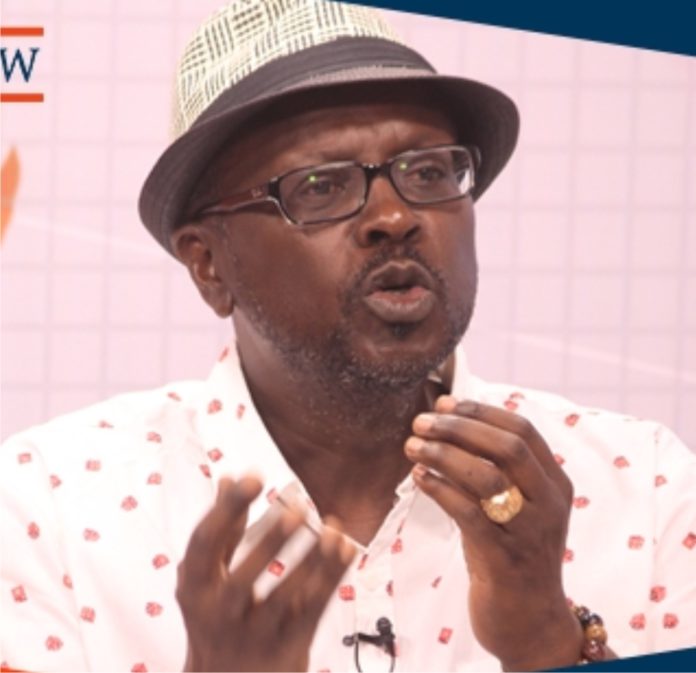A. The GBA’s Claim on the Chief Justice’s Suspension
The GBA claims that the Chief Justice’s suspension is unconstitutional due to the lack of published regulations governing the President’s discretion under Article 296(c). Here’s why that claim fails:
Supreme Court Already Decided This: In Ransford France v. Electoral Commission (2012), the Supreme Court unanimously held that not every discretionary act requires prior published regulations.
Literal Reading Rejected: Justice Date-Bah warned that a literal interpretation of Article 296(c) could lead to a “nuclear meltdown” of government, crippling normal administration.
Targeted Scope of Article 296(c): The Court ruled that Article 296(c) applies only to quasi-judicial situations, not to administrative acts such as suspending an official pending investigation. The Court clarified that “quasi-judicial” refers to adjudication.
Living Constitution Approach: Justice Atuguba emphasized that the Constitution must be interpreted dynamically to promote governance, not obstruct it with technicalities.
Absence of Regulations ≠ Automatic Unconstitutionality: The absence of regulations does not invalidate a discretionary act unless the act itself is arbitrary, biased, or violates due process (Articles 296(a) and (b)).
GBA Offers No Evidence of Bias or Unfairness: The GBA merely points to the absence of regulations without proving that the suspension was unfair, arbitrary, or prejudiced.
Ignoring Precedent is Dangerous: The GBA’s position ignores the Ransford France precedent and risks spreading legal confusion, rather than defending the rule of law.
Legal Certainty Matters: Following the GBA’s logic, thousands of lawful discretionary acts since 1969 would collapse. That is not the rule of law—it is chaos.
GOGO Supports Scrutiny—But It Must Be Grounded in Law: Criticism of executive action must be rooted in binding precedent, not political expediency or selective readings of the Constitution.
Conclusion: The Chief Justice’s suspension remains constitutional. The GBA’s call for revocation lacks legal merit and risks politicizing the judiciary.
B. GBA Calls for an End to Prejudicial Commentary
The GBA’s Self-Contradiction: In calling for an end to prejudicial commentary, the GBA has issued one of the most prejudicial declarations yet.
Premature Judgment: By declaring the Chief Justice’s suspension unconstitutional—without legal basis, reference to binding precedent, or waiting for the completion of the Article 146 process—the GBA has done exactly what it warns others against: passing judgment prematurely.
Practice What It Preaches: If the GBA wants to defend due process, it must first practice it. It cannot condemn prejudgment with one hand while dispensing it with the other.
Let the GBA Heed Its Own Message: Da Yie!

